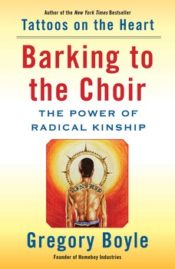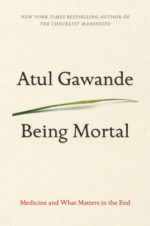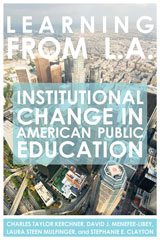A 4th of July Salute to a Courageous Judge: Remembering Paul Egly
Posted on | July 9, 2018 | Comments Off on A 4th of July Salute to a Courageous Judge: Remembering Paul Egly
My friend Dick Johnson sent along a “what should we celebrate” list for July 4. It includes “the waves of immigrants from all parts of the world who struggled to accept each other and find a place in this country,” escaped slaves and their allies, working people who championed reforms and the right to organize, women who expanded our understanding of their gender, and gays and lesbians who fought for and won the right to marry. The list goes on, and we’re encouraged to raise a fork at the dinner table in salute.
I’d like to raise my fork in celebration of courageous judges, one in particular, Paul Egly, who died this week at age 97. Egly oversaw the Los Angeles school desegregation case. He took the case as a well liked judge and rapidly became what the L.A. Times called “one of the most unpopular judges in Southern California.” The judge who initially ruled in the case was voted out of office and Egly faced a recall and multiple death threats. Egly did worry about voter opposition and an angry public, but as he told the Times in 1977, “I have been a judge for a long time, and a judge’s job is to judge.”
I met him a couple of times as he tried to get the parties in the L.A. integration case to work toward a mutually agreed solution. They wouldn’t. Other judges had fallen into the trap of mandating a solution and virtually taking over the management of a school district. I remember one lunch where he said, “What if I, say ‘integrate this way,’ and the district says, ‘up yours judge.’ What do I do then?”
The politics of race ultimately swamped his efforts. In 1980, California voters approved an initiative barring mandatory busing to integrate schools, one of the primary means of integration available in Los Angeles. When the state Supreme Court upheld the law, Egly recused himself from the case.
The politics of race dominated the L.A. school district for at least another decade, and its schools remain highly segregated.
Egly’s life and work reminds us that judges are called on to solve the problems of today. Conservative or liberal, they can’t dodge that obligation. Judges will always have to operate out of the public’s comfort zone, and out of their own. Regardless of what litmus tests voters or politicians use to choose them, they will soon face situations that fail to fit their preconceptions or easy remedies. That’s when judging becomes courageous, or not.
[Johnson’s list of things to celebrate was drawn from a longer piece on Tikkun, https://www.tikkun.org/nextgen/34505




